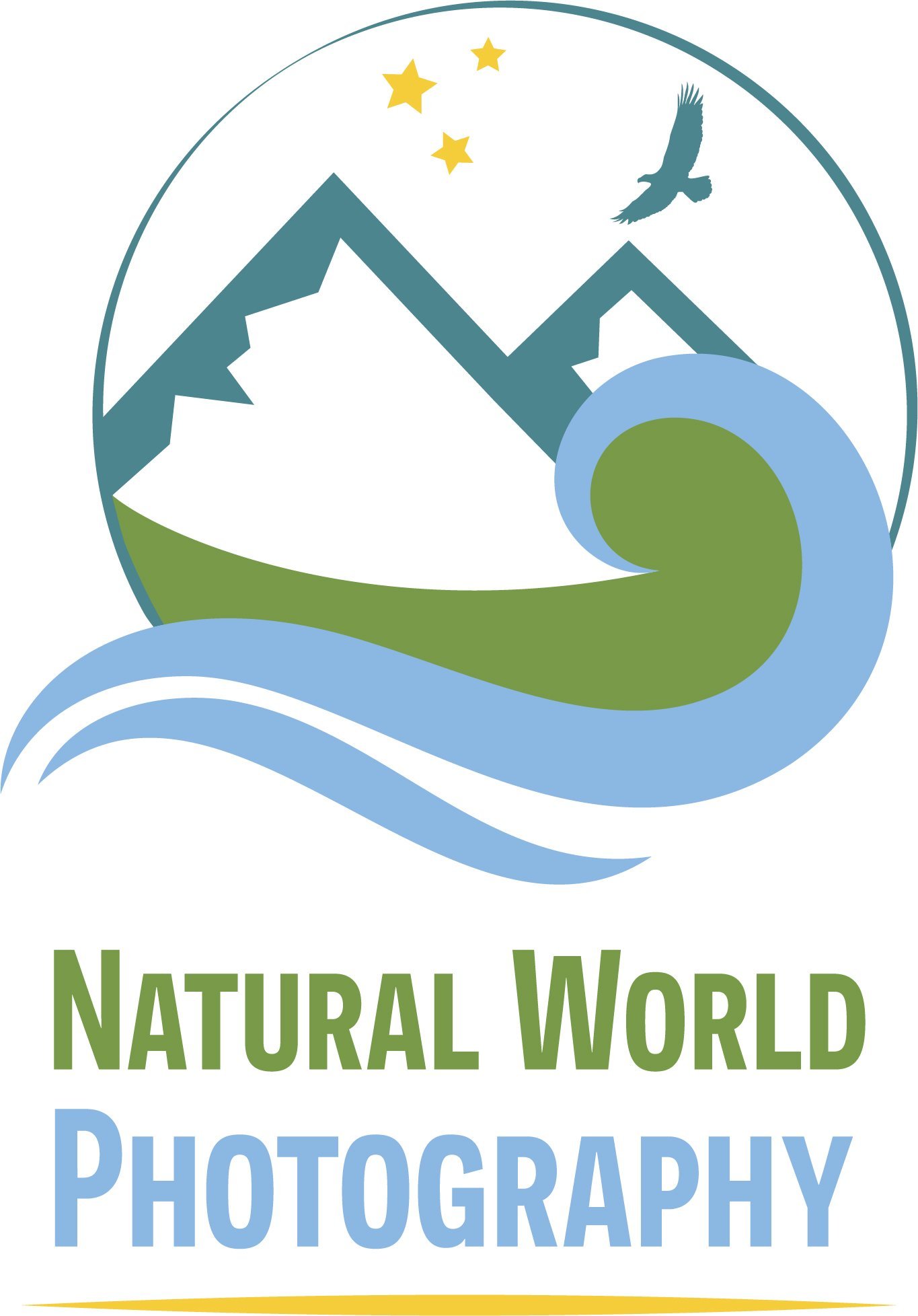











HARTLAND PENINSULA PHOTOGRAPHY TOUR
One-day workshop exploring three outstanding and contrasting rock formations at the ideal states of tide to produce exceptional images in both colour and monochrome.
The Hartland Peninsula of North Devon has some of the most striking rock formations to be seen anywhere in England. Despite this it is relatively little known and much less frequently photographed than some other parts of the coast. At Hartland layers of sandstone and shales deposited in the Carboniferous period have been folded and faulted into extraordinary shapes, with their twisted strata clearly visible in the cliffs and beaches. This occurred around 300 million years ago during a huge mountain-building event called the Variscan Orogeny as continental plates collided. Contorted strata tipped nearly vertical have created remarkable rock ridges and a double natural arch which make unusual and interesting photographs.
This day workshop will explore three outstanding and contrasting locations (within a radius of 8 miles) at the ideal states of tide to produce exceptional images. We will use neutral density filters and a variety of shutter speeds to show moving water in atmospheric ways and capture rock pool reflections at low tide. The strong leading lines and textures of the rocks make both colour and monochrome photography productive in a variety of weather conditions. The date and times have been carefully selected to work around tides and sunset.
All three shooting locations are on rocky beaches and you will traverse up to 50 metres of uneven terrain to reach each of them. Two are located adjacent to car parks whilst the third involves a walk of one mile in each direction on a well-graded track. All locations are intertidal and for best results you will be shooting at the water’s edge (on a falling tide). The beaches are not wheelchair accessible so this field trip is not suitable for wheelchair users.
Group Size: Maximum of 6 participants, led by Robert Harvey.
Please bring:
DSLR camera or equivalent plus a range of lenses from wide angle (e.g. 16-35mm on a full-frame camera) through standard zoom to short/medium telephoto (e.g. 70-300mm on a full-frame camera).
Sturdy tripod.
Neutral density filters (not graduated) – ideally 4 stop, 6 stop and 10 stop – are essential to explore the effects of different shutter speeds on water.
Lens hood and rain sleeve in case of wet weather.
Hiking boots for rocks and wellington boots (or waders) for photography at the water’s edge.
This workshop is run in conjunction with the Royal Photographic Society and bookings can be made on their website.
Not included: Transport (drive own cars), food, drinks (bring packed lunch), accommodation (if required).
Dates:
Royal Photographic Society Terms and Conditions apply.
“Thank you for a very interesting time up and around Hartland. As always your advice was much appreciated.”
“We really enjoyed the Hartland Peninsula experience. Quite an extraordinary place and incredibly beautiful ... Thank you for all of your hard work and precision planning. ”
